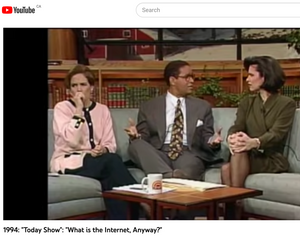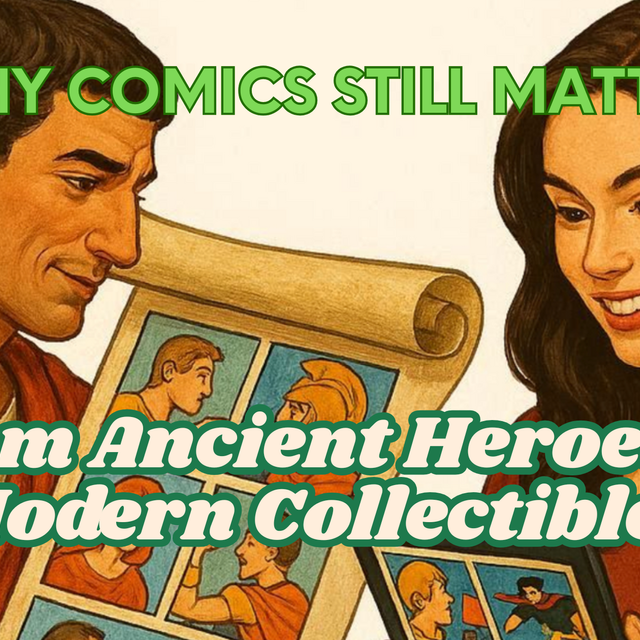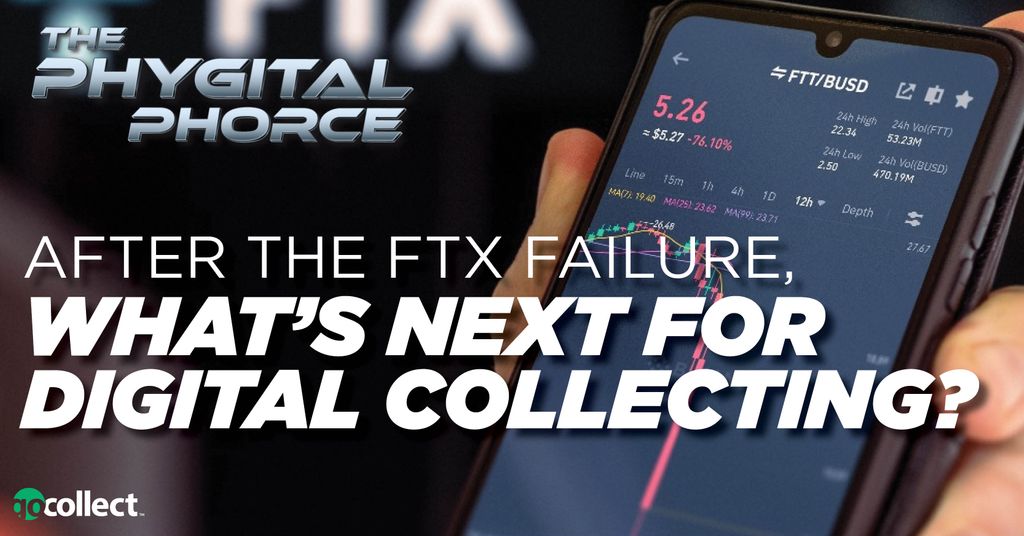
NFTs, or Non-Fungible Tokens, have gained significant attention in recent times, transforming the way we think about digital asset ownership and collecting. For many, these have represented incredibly new ways to digitally create and collect traditional consumer products. For others, the term NFT is conflated with cryptocurrency and evokes fear or confusion post-FTX, which is typically where we find mainstream media gravitating.
 Digital Asset Regulation - Friend or Foe?
Digital Asset Regulation - Friend or Foe?To grasp the concept of digital asset regulation, it's essential to understand there are (2) types of digital assets - FINANCIAL and CONSUMER (NFTs), why NFTs have become so popular, and why overly broad regulation can hinder their growth. So, let's start with a review...
What are NFTs?
NFTs are unique digital tokens, or certificates that represent ownership of a specific digital asset, item or piece of content. They have become perceived as cryptocurrencies, but unlike cryptos such as Bitcoin, which is fungible (IE - interchangeable digital money where each coin has the exact same value as the other), NFTs are one-of-a-kind and cannot be exchanged on a one-to-one basis. They are built on blockchain technology, which is a secure and transparent digital ledger, where their production can be capped and verified so you know exactly how many exist, a
Here is a GREAT, SIMPLE 2-minute overview from crypto-education specialists, 99 Bitcoins:
[caption id="attachment_266755" align="aligncenter" width="448"]
Collectibles...and Beyond
NFTs have found a significant use case in the world of digital art and collectibles. Artists and creators can tokenize their work as NFTs, giving them provable ownership, authenticity and potential recurring revenue streams. This has created a booming market for digital art, sports trading cards, music and luxury goods, giving rise to the trend of moving away from the more technical 'non-fungible token' term to 'digital assets, collectibles, etc.'.
The world of fully-licensed 3D / AR comic and movie memorabilia IP (Intellectual Property) has also exploded in popularity. Brands such as Marvel, DC, Star Wars, Universal Studios, The Stan Lee Universe, Ducati, Lamborghini, Walmart and more are involved, offering advanced alternatives to the more speculative 2D, non-licensed options that gained rapid notoriety, have had their fair share of abuse cases and caused a lot of uncertainty and challenges to government regulators.
For instance, WALMART has just begun placing Pudgy Penguins, a previously 100% NFT art collection as physical toy collectibles in their stores, a PHYGITAL play (where physical assets blend or pair with their digital counterparts). Surely Walmart would have done its homework prior to granting this enormous opportunity to support NFT brand growth?
[caption id="attachment_266756" align="alignleft" width="376"]
[caption id="attachment_266757" align="alignnone" width="300"]
SHOULD NFT Enthusiasts Care About NFT Regulation?
As with any rapidly growing market, concerns about potential risks, scams and legal issues exist. In every industry there are bad actors. Unfortunately, it only takes one to create a ripple effect that results in government and media scrutiny.
Since digital assets are still a relatively new concept, governments and regulatory bodies worldwide are grappling with how to best oversee this emerging market to protect consumers and ensure fair practices. As Arca asset management firm CEO Rayne Steinberg put so well in his Nov. 2021 Forbes article, "without rules, there would be anarchy."
Regulation often comes with public or fan-base scrutiny where fears of it slowing progression, over-regulation or classifying inappropriately are common challenges. As someone who has held a 25+ year career in digital media, and a digital collector myself, I am certainly keen to see where this goes, but I will admit, I would rather err on caution's side than leave the corral gate unattended, and wide open (analogy thanks to my recent watching of Yellowstone!).
There needs to be a 'happy medium' to help protect consumers while allowing innovation and use by mainstream markets.
Main Area of NFT Regulation: SECURITIES
The question is whether NFT assets should be treated as “securities” that would require registration with the Securities and Exchange Commission (SEC), and/or respective state financial services/securities agency.
Where are Regulators Focusing Attention?
The Primary Threat to NFTs is legislation that regulates NFTs as securities. Other issues that could impact the NFT industry that we are also monitoring include intellectual property, consumer protection, and taxes.
“In the wake of FTX’s collapse in November 2022, it is the states that have been stepping up. State legislators are focused intently on protecting their citizens from deceptive and fraudulent crypto con artists,” said Kristina Howard, Principal at RXN Group. “What we saw in 2023 is that some states acted hastily and introduced bills that overbroadly swept in NFTs and blockchain technology in regulatory frameworks, instead of focusing on currency or financial services products,“ said Howard.
Bills have been introduced in New Jersey, California, and Pennsylvania that would regulate all digital assets as securities. This includes digital collectible NFTs. Worst case scenario, the over-regulation of digital assets as financial products can hurt marketplaces, issuers, sellers, buyers, and brand partners. It could turn artists away from creating in the space, stymie job creation or risk new tech jobs moving out-of-country to more regulation-friendly or tech-aggressive ones.
[caption id="attachment_266758" align="aligncenter" width="246"]
This may be a bad analogy, but just because I bought a Collective Soul CD back in the 90s to enjoy & support the band doesn't mean the band should have been penalized for creating CDs. Sure today, some of those can sell for 5-50X what they cost to buy (sealed, never used, etc.) making them valuable to the owner, but also, not a financial product.
While the policymakers’ intention to protect consumers is righteous, treating all digital assets the same is bad policy. In some states, the legislators or agencies drafting these bills are unsophisticated about the technology or can be overwhelmed by misinformation so widely dispersed in mainstream media.
SADLY, EXAMPLES OF CLICKBAIT-CHASING HEADLINES ABOUND:
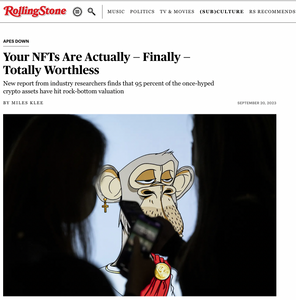 A great story for Clickbait
A great story for ClickbaitThis Rolling Stone article is such a great example, as readers often glance headlines and make assumptions without diving deep into the content. The "researchers" named in this article? A Crypto-Gambling-Website. Take that as you will.
Should THE ROLLING STONE itself maybe have caught that subtle issue first? When a publication like RS puts a story like this out, it makes the rounds quickly, which can be dangerous if one doesn't then challenge it's "facts" with alternative reason, let alone check into the sources. That's just bad journalism...
Oh, if you are so inclined, here is an ideal rebuttal from COINDESK:
[caption id="attachment_266759" align="aligncenter" width="1024"]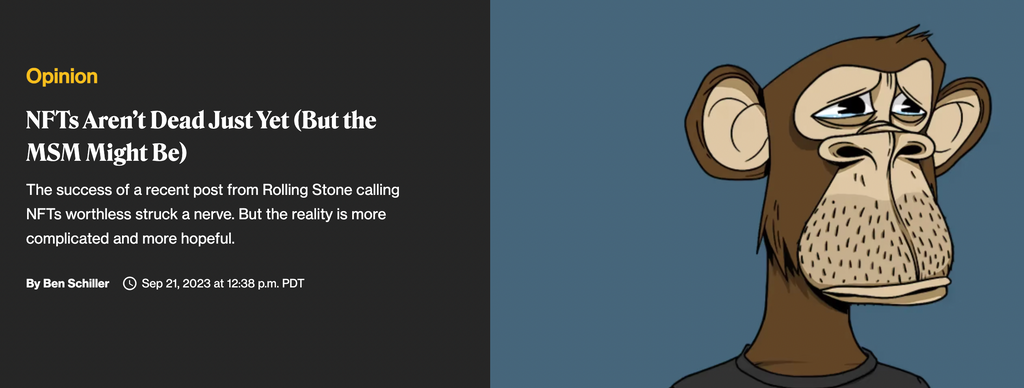
There have been a few one-off articles on the NJ and CA bills - but by and large, nothing in the media on this trend. Crypto sucked the air out of the room, so as enthusiasts and supporters of the potential, it is up to us to present a safe, logical approach to bringing positive attention to regulation and put fresh air back in.
Education and Advocacy are Key to Reducing Bad Bills in the Future
If you ever collected a comic book and felt an immediate connection to the character, the brand or maybe the movie experience, you understand the draw of digital assets. We are ALL online, everyday where digital use is simply the norm.
We are at the same crossroads faced in the late 1990s to early 2000s. The “INTERNET” showed up and terrified everyone. We thought all the lights were going out when the clock rolled into the year 2000 (look up Y2K if you want a real laugh). Amazon was about to wipe every bookstore off the map.
Thousands still refer to this classic 'Big Media Comedy' as the moment many journalists realized how important it is to be INFORMED.
1994 Today Show GOOFS The Internet
Now, we have WEB3 and DIGITAL ASSETS appearing, we use the Internet without thinking about it, or the tech behind it AT ALL…there are more bookstores & writers today as a result than at any point in history, and we are all cozy with it.
Digital Assets offer exciting opportunities for artists, collectors, investors and businesses, but they do come with potential risks. Regulation is essential to create a secure and thriving market, ensuring that creators are protected, consumers are well-informed, and legal matters are clear. This is not being disputed whatsoever.
We just believe they should be treated as ASSETS, no different than art, physical collectibles, and so on, NOT financial products. (Note: “Fractional NFTs” are another topic that may likely qualify as financial products, but that’s a different area of focus).
[caption id="attachment_266760" align="aligncenter" width="222"]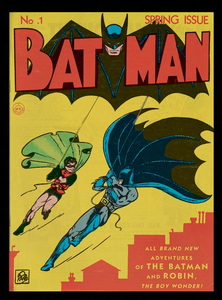
To Sum Up, I couldn't have written a closing statement any better so will refer again to Rayne's article in FORBES:
[caption id="attachment_266761" align="aligncenter" width="300"]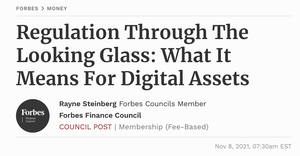
"Digital assets have a unique origination story, different from any other asset class. The promise of what they might herald — a fairer, more transparent financial system — is a noble and worthy goal. This is a difficult situation for regulators who have to look at the world as it is now, not as it may become.
The attention regulators are giving this nascent industry is actually encouraging and an indication that it is being taken seriously as an asset class. Those of us in the industry should view this as an opportunity to collaborate on the creation of constructive rules that allow further adoption of digital assets. The journey is just beginning."
If you're interested in exploring Digital Collecting, take your time to research and understand the platforms and marketplaces you engage with and most importantly, what you like. As the space evolves, regulations will likely adapt to strike the right balance between innovation and protection, ensuring safe enjoyment of the entire ecosystem.
Thank You for Reading!

